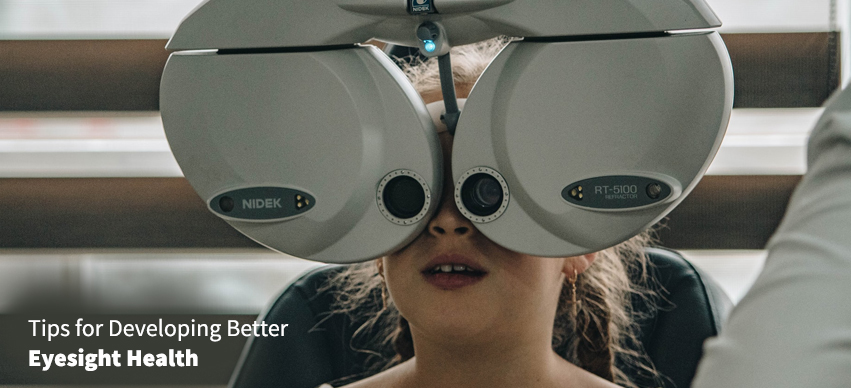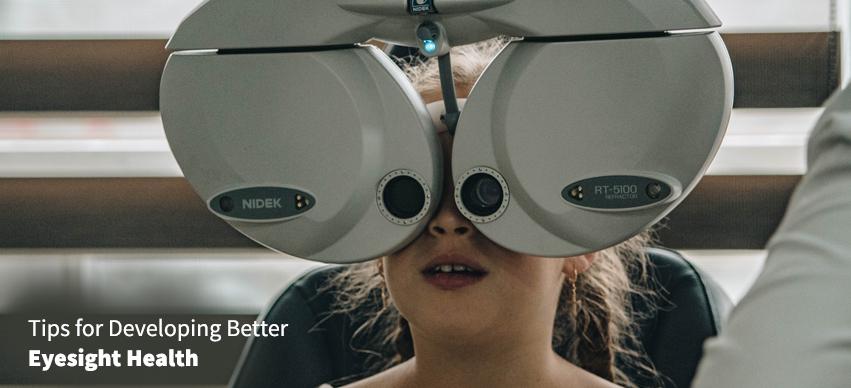How Communities Are Changing the Way We Think About Aging in..
8 Min Read


The vast population has ignored eyesight health practices for many years. This should not be the case because eyesight directs most of our decisions in our day-to-day activities.
This article aims to present several practices that can help keep your eyes healthy and energized. Please enjoy.
The food you put on your plate is the core ingredient of good eye health. Consuming nutrients such as Omega-3 fatty acids, lutein, zinc, vitamin C, and vitamin E helps fight off age-related eyesight problems. These nutrients are usually present in foods such as;
Increase your intake of vegetables, non-meat proteins, oily and healthy citrus juices to help with your eyesight needs. Since you will be making plenty of juice, consider purchasing recyclable pouches with spouts for storage. Maintain a balanced diet to help you stay at a healthy weight, which reduces the chances of getting diseases such as type-2 diabetes that causes blindness among adults.
When smoking, you increase the chances of getting cataracts, macular degeneration, and damaging the optical nerve. The likelihood of blindness should present a good enough reason for kicking the habit; however, seeking psychological support with your addiction will help you get there faster.
Avoiding areas characterized by a lot of smoke will also help avoid the effects of smoke on your eyes.
Direct sunlight exposes your eyes to UV light which increases your chances of getting cataracts and macular degeneration. The right pair of sunglasses can assist with protecting your eyes from this risk; glasses that block 99-100 percent of UVA and UVB rays provide the best option for this; wraparound lenses tend to be more effective as they protect the eyes from the eyes.
Polarized lenses are recommended for driving as they reduce glare; however, they do not necessarily offer added protection. If you wear contact lenses, you might be safe as some protect the eyes from UV light; however, sunglasses provide an extra layer of protection.
If you work with hazardous/airborne materials, purchase protective gear such as safety sunglasses or protective goggles. Workers in welding industries, construction workers dealing with cement are examples of individuals that need this protection.
In sports such as ice hockey, hockey, lacrosse, and racquetball are also exposed to the risk of eye injury. Helmets that have protective face masks or sports goggles are good options for these athletes to wear.
Staring at TV screens, computer screens, and phone screens for too long contributes to the following;
To effectively protect your eyes, implement the following practices as you work with screens;
Taking a regular eye exam, no matter what age group you belong to should be mandatory because it assists eye protection. Eye exams can also help identify diseases such as glaucoma that do not present any symptoms.
There are two types of eye doctors you can visit depending on your eye needs. These include;
An eye exam can take varying time but generally involves the following;
Eye health helps you perform better at home, work, school, or while driving, hence making eye health a top priority in life. Most of the world’s population tend to ignore this for longer than they should, an action that may eventually lead to complete eye damage. Staring at screens all day gradually affects eye health and may eventually lead to some complications. Following the guidelines mentioned above will be beneficial in achieving optimal eye health.